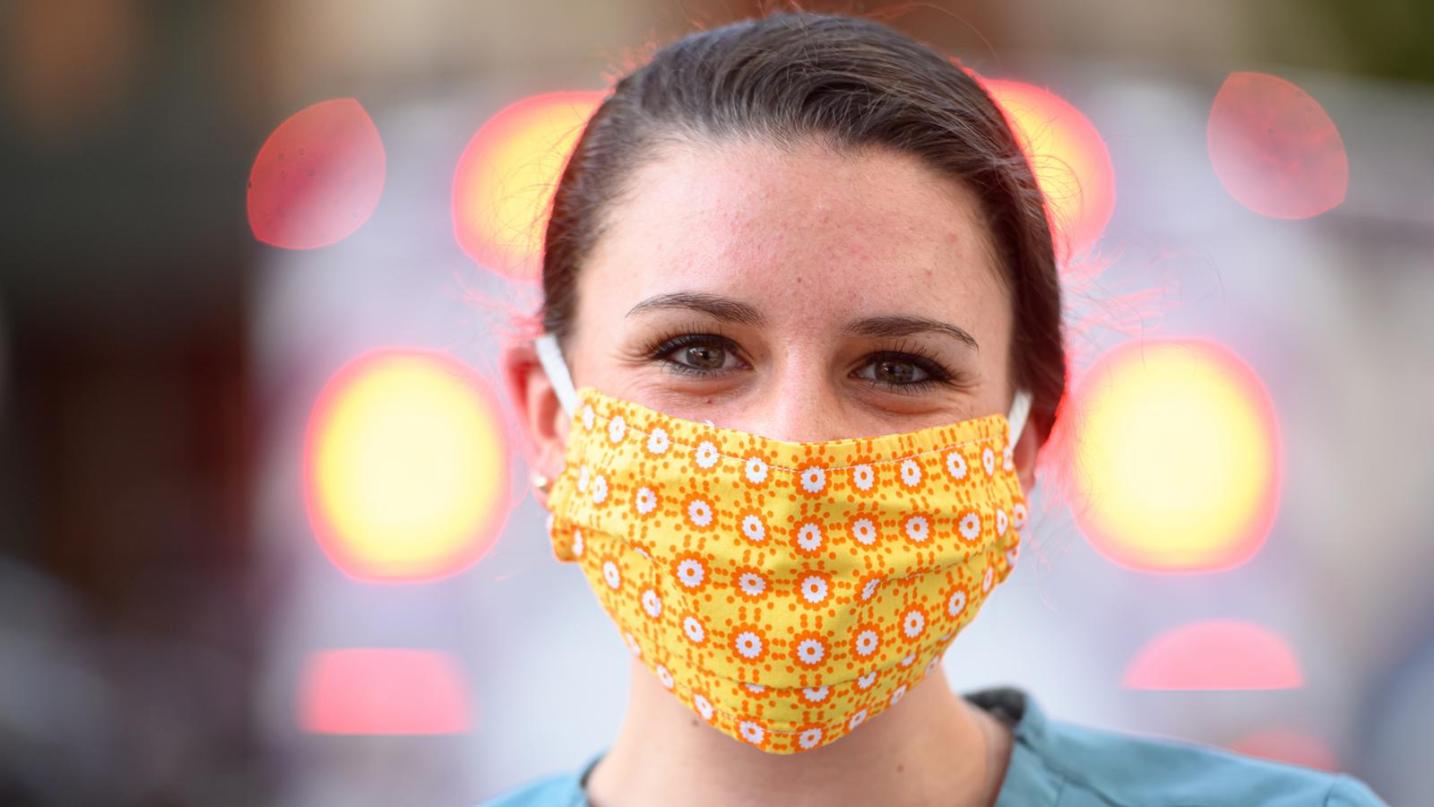Face Masks: A Comprehensive Guide to Usage and Care
In the midst of the ongoing COVID-19 pandemic and the prevalence of respiratory illnesses, face masks have become an essential tool in safeguarding public health. This comprehensive guide delves into the significance of face masks, their types, proper usage, and effective care to ensure optimal protection against respiratory infections.

Importance Of Face Masks
Face masks play a crucial role in preventing the spread of respiratory illnesses by acting as a physical barrier. They serve as a shield against respiratory droplets and aerosols, which are the primary modes of transmission for many respiratory viruses, including SARS-CoV-2, the virus that causes COVID-19.
By wearing a face mask, individuals can significantly reduce the risk of transmitting the virus to others, particularly when in close proximity or in public settings. Additionally, face masks help protect the wearer from inhaling potentially infectious droplets and aerosols, minimizing the risk of infection.
Types Of Face Masks
There are various types of face masks available, each with its own unique characteristics and level of protection. The most commonly used types include:
Surgical Masks
- Description: Disposable, loose-fitting masks commonly used in medical settings.
- Effectiveness: Blocks large droplets and particles, but not as effective against smaller aerosols.
N95 Respirators
- Description: Tight-fitting masks that filter at least 95% of particles.
- Effectiveness: Offers higher protection against both droplets and aerosols.
KN95 Respirators
- Description: Chinese equivalent of N95 respirators, meeting similar filtration standards.
Cloth Masks
- Description: Reusable masks made from fabric, often used as an alternative to disposable masks.
- Effectiveness: Effectiveness varies depending on the material and construction, but can provide some protection.
Proper Usage Of Face Masks

To ensure optimal protection, it is crucial to wear face masks correctly and consistently. Here are some guidelines for proper face mask usage:
- Ensure a Snug Fit: The mask should fit closely against the face, covering the nose, mouth, and chin. Gaps around the edges can reduce the mask's effectiveness.
- Wear the Mask Correctly: Place the mask with the colored side facing outward and the metal strip at the top. Pinch the metal strip to conform to the shape of your nose.
- Avoid Touching the Mask: Avoid touching the mask while wearing it, as this can transfer contaminants to the mask. If you need to adjust the mask, wash your hands before doing so.
- Replace the Mask Regularly: Disposable masks should be replaced after each use. Cloth masks should be washed after each use, following the manufacturer's instructions.
Mask Care
Proper care and maintenance of face masks are essential to ensure their effectiveness and longevity.
Cleaning Cloth Masks
- Hand-wash cloth masks with warm water and detergent.
- Machine-wash cloth masks on a gentle cycle with mild detergent.
- Air-dry cloth masks thoroughly.
Storing Masks
- Store masks in a clean, dry place.
- Avoid storing masks in direct sunlight or extreme temperatures.
Inspecting Masks For Damage
- Regularly inspect masks for signs of damage, such as tears or loose straps.
- Discard damaged masks and replace them with new ones.
Conclusion
Face masks have become an indispensable tool in the fight against respiratory illnesses, including COVID-19. By understanding the different types of face masks, their proper usage, and effective care, individuals can maximize the protection they provide and contribute to reducing the spread of respiratory infections. Following these guidelines and adhering to the recommendations of health authorities is essential for safeguarding public health and promoting a healthier community.
YesNo

Leave a Reply